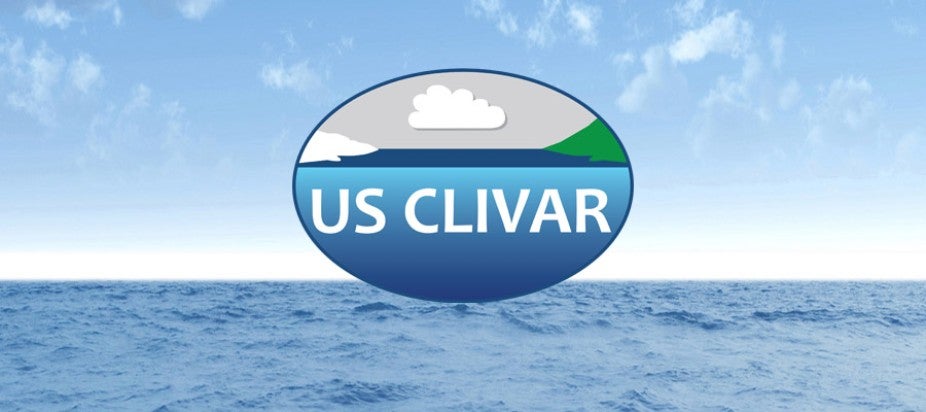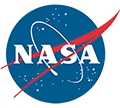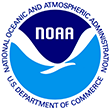Optimizing Ocean Observing Networks for Detecting the Coastal Climate Signal Workshop

10:36 am – 10:36 pm MDT
Location
UCAR Center Green Building 1 (CG1)
Boulder, CO
Motivation
Society experiences changes in the global ocean through the ocean’s boundaries. While climate change is certain, its effects in coastal and ocean boundary regions vary considerably geographically. The climate signal is the link between the broader changing climate and the resulting events, which manifests differently in coastal areas than in the open ocean. The U.S. territorial waters encompass 11 Large Marine Ecosystems (LMEs) that range from the cold waters of the Arctic to the tropical waters of the Pacific Islands, and include the Great Lakes that are the world’s largest system of freshwater lakes. As climate change leads to a warmer ocean, LMEs will be exposed to increasing stressors, and coastal communities will be more vulnerable to the effects of climate anomalies. Under these circumstances, it is key to develop a framework that improves the link between larger scale climate variability in the open ocean and its signatures along the coasts.





